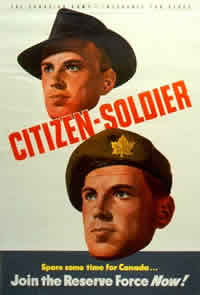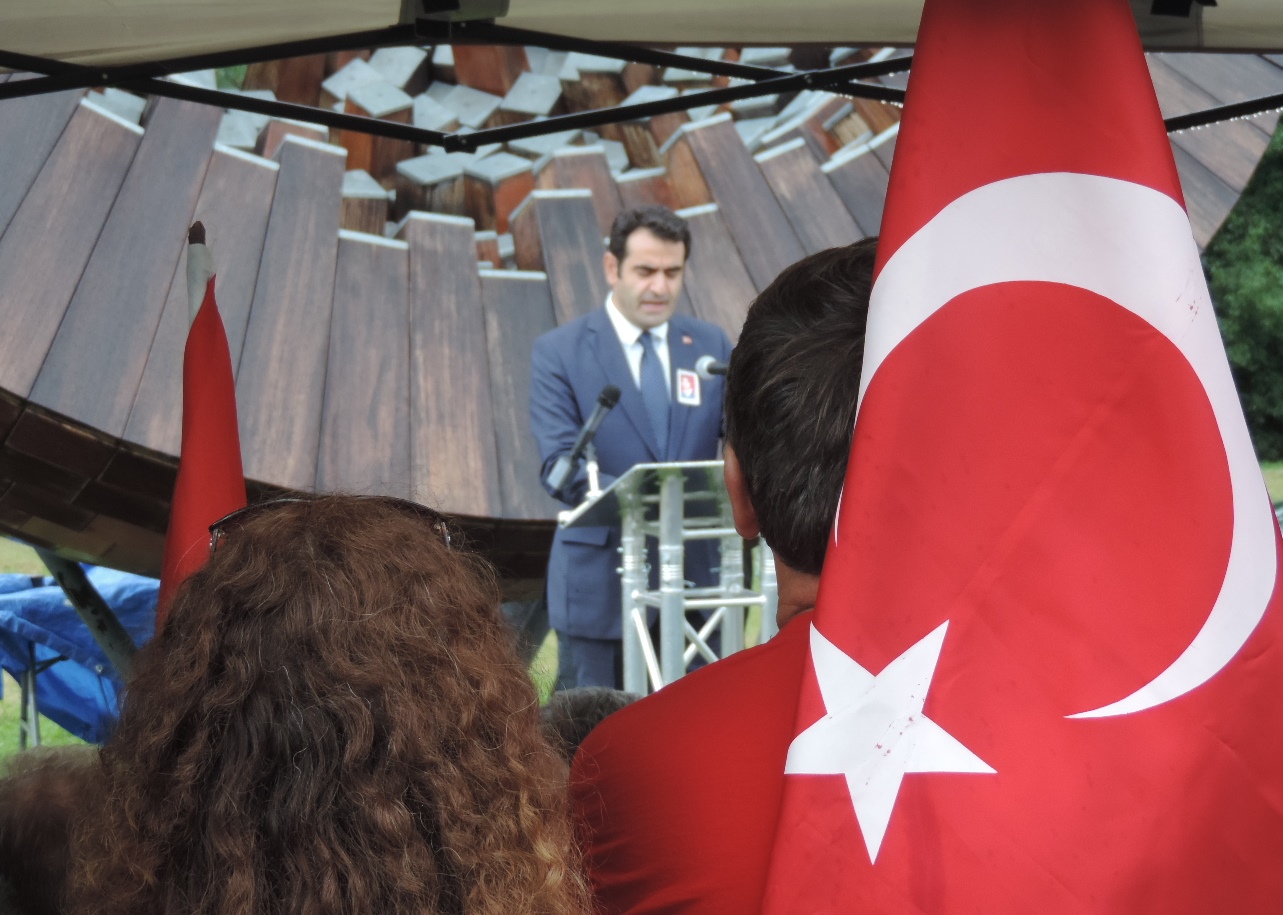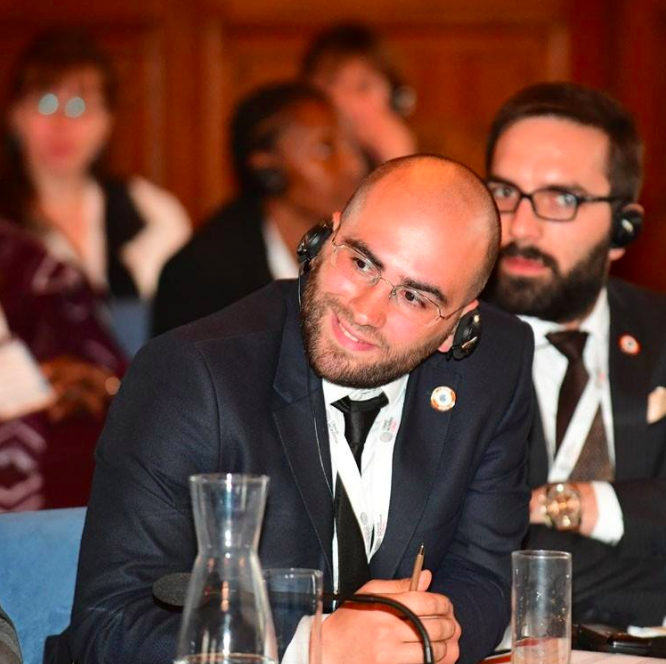Canada has a long and storied military tradition. Would-be soldiers have two potential options for enlistment. The first, and best-known, is the Regular Force, the full-time branch of the Canadian Armed Forces. For those who wish to serve but do not wish to make such a commitment, the alternative option is join the Reserve Force. Reservists typically only serve part-time. Members of the Reserves have more flexibility, as they can serve full-time or on mission-based deployments as well. They often have full-time jobs or other commitments that prevent them from enlisting full-time.
The Reserves are designed to complement the Regular Force, and act as operational support as needed. Unlike the Regular Force, where service members are on fixed contracts, those in the Reserve Force are not on defined contracts. As a result, Reservists are free to leave the military when they desire. They are expected to serve at least one night a week and one weekend a month. Some Reservists may also be asked to use one of their summers as well.
[captionpix align=”left” theme=”elegant” width=”350″ imgsrc=”http://natoassociation.ca/wp-content/uploads/2013/08/JamesReserve2.jpg” captiontext=””]
Smart Reserve
Some reservists like the financial benefits of being a Reservist. Unlike the Regular Force, Reservists typically train close to their homes, as this makes the commitment more manageable and enables the reservists to contribute to their communities. They are paid based upon the amount of time they contribute to the Reserve Force. The norm for reservists is under three years, compared to the Regular Forces’ typical enlistment of three to nine years.
Reservists can also embark upon an Individual Learning Plan, which allows reservists to be partially reimbursed for their academic degrees if they are related to the Reserve Force. This plan makes sense for both parties. It allows Reservists to gain their qualifications, some of which are useful for civilian life with financial support from the government, while the military receives the trained personnel it needs in order to function optimally. Reservists also have access to medical coverage while they are on duty, and pay into the Canadian Forces pension plan if they desire.
Reservists are expected to carry out the functions of the Regular Force when called upon. All Reservists receive basic training and train up to the standard required of the Regular Force. This has become increasingly controversial as the reserves are being asked by the government to shoulder a greater burden while not receiving a proportional increase in funding. In fact, the federal government has slashed funding, despite rhetoric from Prime Minister Harper to the contrary. 40% of all Canadian peacekeepers have been reservists, and in times of crisis, such as national disasters, military leadership will utilize the Reserve Force for operations. Reservists frequently deploy abroad, though it must be stressed this is purely on a volunteer basis.
Reserve It Right
With all of this said, it should be noted that being a Reservist is not for everyone. Some will prefer the full-time contracts of the Regular Force. Additionally, the Reserves can be very demanding, both physically and mentally. Other commitments can also make membership in the Reserves unsustainable for some. The benefit to being in the Reserves is that these soldiers can withdraw from the military quickly and move on to prospects more suitable for them.
Bearing all of this in mind, a commitment to the Reserves should not be made lightly. Reservists will experience military life and be expected to thrive under these conditions, often while maintaining a civilian life concurrently. The benefits to this commitment are that Reservists gain additional skills and income while serving to protect Canada’s interests. The flexibility offered is tailor-made for those who wish to make the commitment while working full-time or going to school. This allows the Reserves to serve as a key link between the community and the military. Canada has often called upon the Reserve Force to support and add to its Regular Forces, so for those wish to contribute to the Canadian tradition, it is an honourable way to serve.




